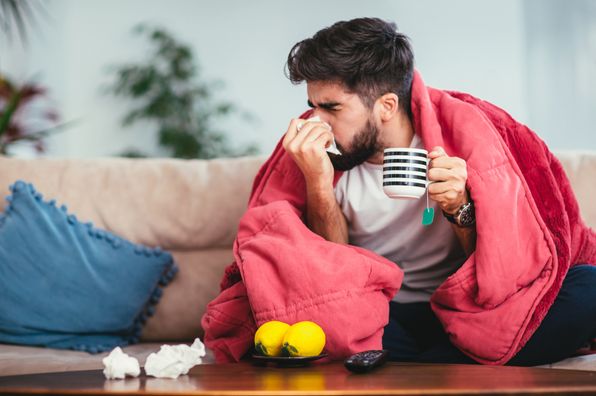Did you know that the average cost of incontinence (pads, laundry, cleaning) is over $900 per year for a person who is dealing with an overactive bladder? Plus adult diapers alone cost an average $34 per week for patients who suffer from incontinence.
Overactive bladder (OAB) is a condition consisting of frequent urination, urgent urination, and/or unintentional loss of urine (incontinence) associated with urgency. Up to a third of men and almost half of women in the United States report overactive bladder symptoms. Overactive bladder can occur at any age.
You can seek relief from this cycle instead of “just dealing with it.” Treatment of overactive bladder typically works in a stepwise manner beginning with the most conservative treatments and working towards less conservative methods if initial treatment is ineffective.
Studies have shown that symptoms can be improved with non-drug conservative interventions that include:
- Specialized pelvic floor muscle exercises (Kegels)
- Normalizing weight if overweight
- Scheduling fluid intake and timed voiding
However, some people do not benefit from these non-drug treatments or are not able to make the necessary lifestyle changes. In this case, your physician may suggest the use of medications to help with incontinence problems.
The Food and Drug Administration (FDA) has approved several medications for those with frequent urges to urinate. After lifestyle changes, medications are usually the next line of defense for overactive bladder symptoms. Medications work to relax the bladder, which leads to fewer involuntary bladder contractions. When there is less of this chemical in your body, you have fewer involuntary bladder contractions. These medications can increase the amount of urine voided but also decrease your feeling of urgency.
Scientific research has shown that several medications for urge incontinence may benefit people who have not achieved optimal continence with non-drug interventions. These drugs include:
- Tolterodine (Detrol)
- Oxybutynin (Ditropan XL)
- Oxybutynin as a skin patch (Oxytrol)
- Oxybutynin gel (Gelnique)
- Trospium (Sanctura)
- Solifenacin (Vesicare)
- Darifenacin (Enablex)
- Fesoterodine (Toviaz)
- Mirabegron (Myrbetriq)
However, these drugs may cause adverse effects including:
- Dry mouth and eyes
- Constipation
- Blurred vision or headaches
- Other less common side effects
Each of the drugs listed above have slightly different side effects. It is important to be honest with your physician as to how the medication is impacting your daily life. If there are certain side effects that are intolerable, a different medication may be better for you. Sometimes treating the side effects of a medication that works for you can be more important than stopping the medication. Patients should also be aware that it takes time to see results from any of these medications and should evaluate progress over 30 days.
If conservative methods and medications don’t work for you, there are FDA-approved advanced therapies available to help you gain control of your bladder.
Health Topics:







